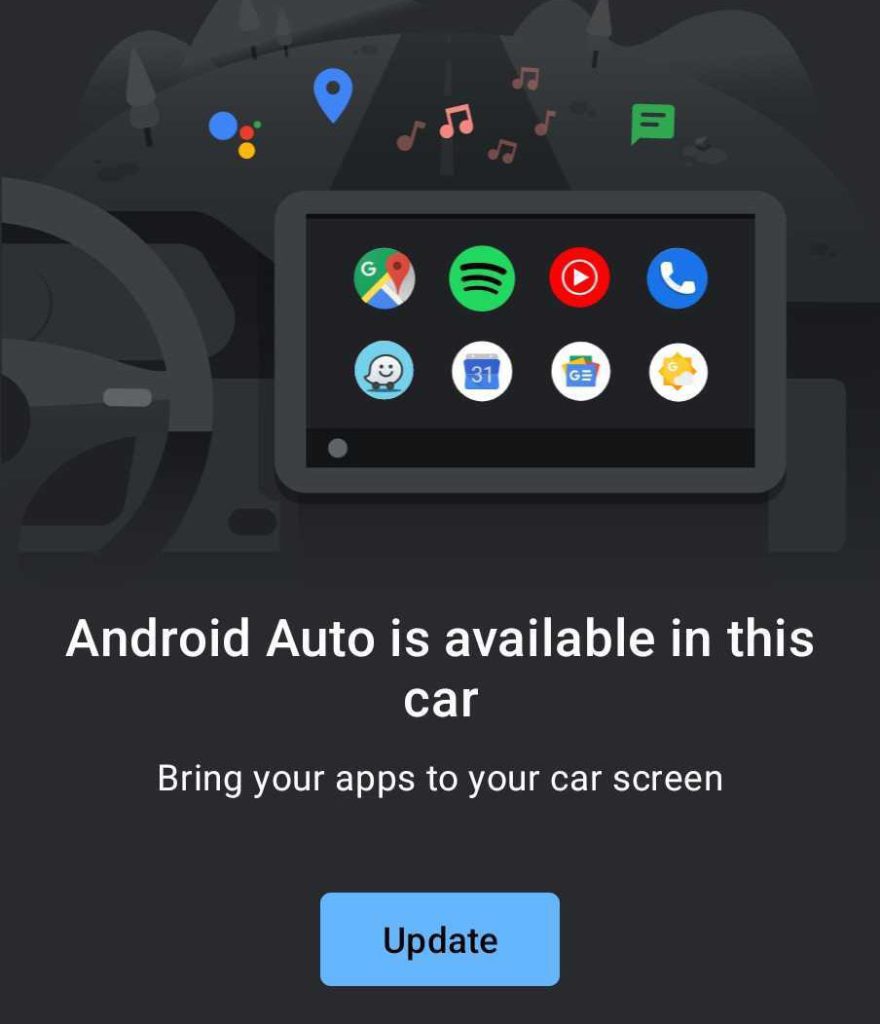
Android Auto has been around for the better part of a decade at this point and has worked for all phones for quite a long time. After quietly raising its requirements earlier this year, Google appears to essentially be cutting off older phones from using Android Auto with a forced update.
Looking back at a bit, Google quietly confirmed earlier this year that Android Auto would now require the connected smartphone to be running at least Android 8.0 (Oreo) or above. That’s up from the previous requirement of Android 6.0.
While that requirement for future updates is completely sensible, Google appears to be taking things a step further.
Over the past few weeks, some Android Auto users have noticed that older versions of the Android Auto app are launching a pop-up saying that an update is required to continue using the app. This appears to be happening with Android Auto versions 7.0 through 7.7. It seems reasonable to assume that this is a change being made partially to prepare for “Coolwalk,” a significant redesign to Android Auto that’s supposed to be arriving at some point relatively soon.
We believe the pop-up below is what these users are referring to. As they describe, the pop-up won’t go away unless you update the Android Auto app and blocks the platform from launching on car screens.

The effect of this is that users with older Android phones on Android 6.0 and Android 7.0 are unable to use Android Auto, as Android Auto 7.4 was the last version compatible with pre-Oreo releases. Another side effect, it seems, is that Waze users are being forced into a buggy release. An ongoing issue for the past several months has seen Waze for Android Auto displaying a blank screen for some users, with Android Auto 7.7 being the last version that didn’t trigger the problem. With the forced upgrade that appears to be taking place, users have no choice but to use newer app versions that appear to cause this problem.
Realistically, this won’t be a problem for the vast majority of Android Auto users, as Android 7.0 and prior make up less than 15% of the total Android distribution as of May 2022.
More on Android Auto:
- Android Auto’s weather icon seems to have disappeared… again
- Where is Android Auto’s promised redesign? – Google’s summer plans didn’t work out
- Android Auto 8.2 beta begins rolling out, tweaks dock of ‘Coolwalk’ redesign
Author: Ben Schoon
Source: 9TO5Google



